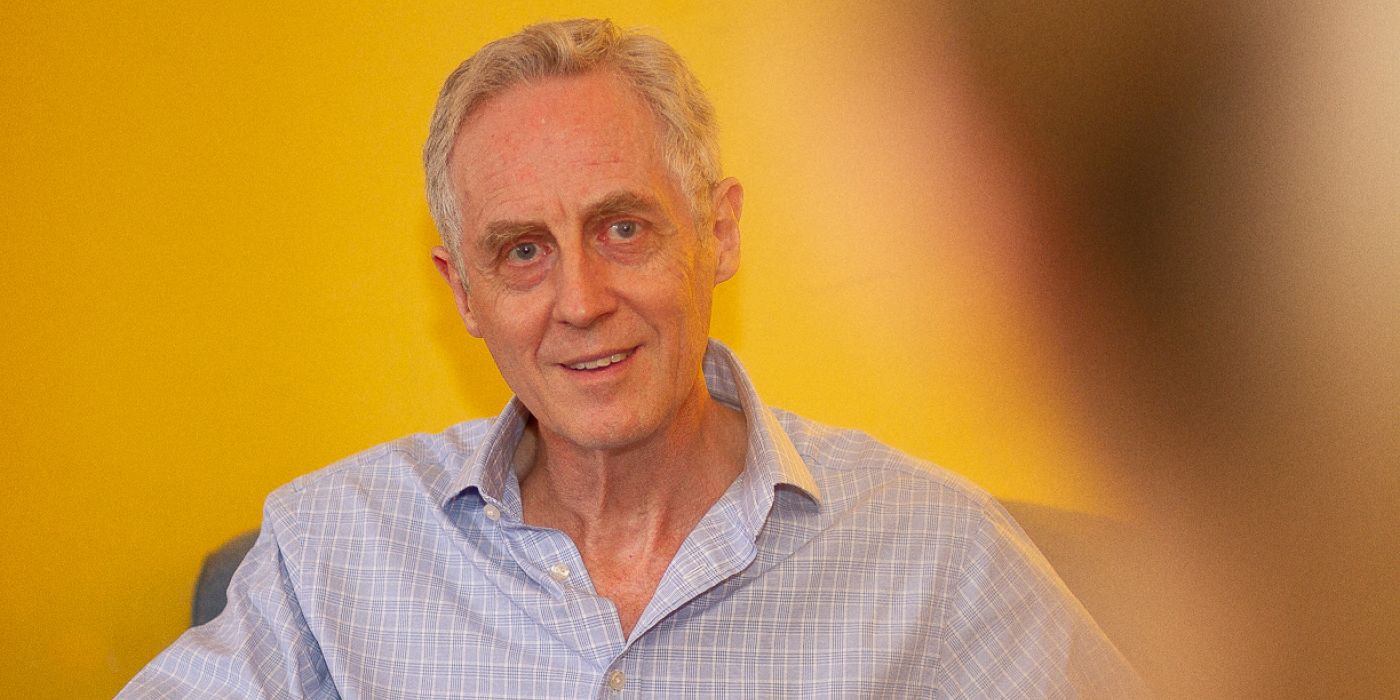
Relating: Handling problem people and situations
I recently had an angry exchange with an old friend over Brexit. Like many, we hold different views! It got me thinking about how we relate to others, to ‘what’s going on’ and to ourselves.
Those who seek coaching are often ‘struggling’ with someone, a situation or a dilemma. At some level, we all experience this but less intensely. The problem often seems external: a person’s behaviour, a work or family situation which is hurting us.
What we want is for that outside person or thing to change!
But can we really change him, her or it? So much energy is wasted in our not accepting what we cannot change! Maybe they shouldn’t, but they do! In Loving What Is, Byron Katie writes of thoughts that ‘argue with reality’, and the pain that these thoughts inflict.
Meanwhile, in Man’s Search for Meaning, Victor Frankl writes of ‘the last of the human freedoms—to choose one’s attitude in any given set of circumstances, to choose one’s own way.’ Mostly we cannot change the person or thing, but we can always choose our response.
But how free are we to do that? Our particular responses (differing from others’) become hard-wired as part of ‘who we are’, deriving from our experiences in infancy according to much psychological theory. But do these patterns help us in this new situation?
In exploring that question, the opportunity is found!
Our attitudes are bounded by the limitations of our own consciousness. Einstein said that ‘No problem can be solved from the same level of consciousness that created it’. By extending the horizons of our awareness of our patterns, we can choose different, more appropriate responses.
My friend had written an article on Brexit, to which I responded sharply. Though intended as a general comment, it was received as a personal insult; his reply was no less insulting!
My urge was to continue in the same vein, but then I wondered where that would lead. Would minds be changed, or just the level of anger and hurt? The opportunity was to look at the situation from a different level and not be caught up in a habitual response.
We have different worldviews, that’s all it is, but my anger has subsided and I feel more warmly to the friend than I did in that moment.
(First published in Summertown Scene December 2019)